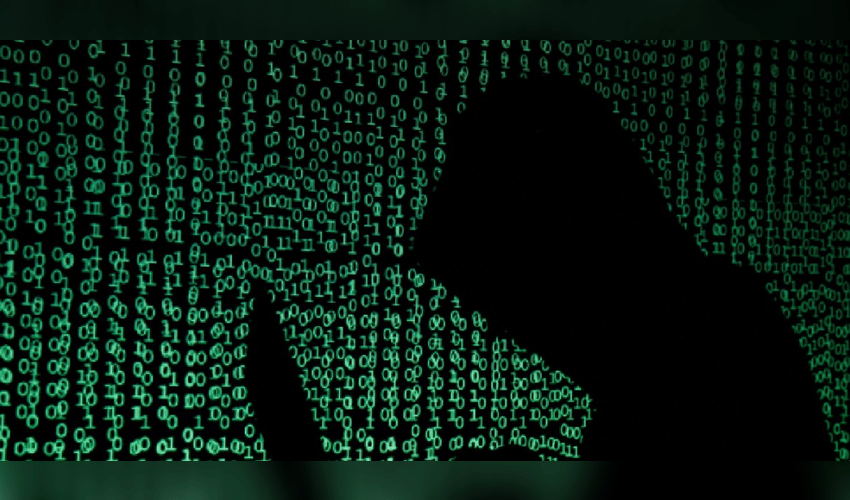Asia In News
UN cybercrime treaty set to be signed in Hanoi to combat international offenses

A historic UN cybercrime treaty, designed to address offenses that cost the global economy trillions of dollars each year, is scheduled to be signed in Hanoi, Vietnam’s capital, this weekend by around 60 countries. The convention, which will take effect once 40 nations ratify it, aims to simplify international cooperation against cybercrime. However, activists and tech companies have raised concerns about potential human rights violations.
"Cyberspace has become fertile ground for criminals…every day, sophisticated scams defraud families, destroy livelihoods, and drain billions from our economies," UN Secretary-General Antonio Guterres said during the opening ceremony. He described the treaty as a "powerful, legally binding instrument to strengthen our collective defenses against cybercrime."
The agreement covers a wide range of offenses, including phishing, ransomware, online trafficking, and hate speech, with the UN noting that such crimes cost the global economy trillions annually. Vietnamese President Luong Cuong highlighted that the signing "marks the birth of a global legal instrument" and demonstrates the value of multilateralism, where nations overcome differences and share responsibilities for peace, security, stability, and development.
Critics, however, warn that the treaty’s broad definitions of crime could be misused. The Cybersecurity Tech Accord, which includes companies like Meta and Microsoft, called it a "surveillance treaty," arguing it could enable government data sharing and criminalize ethical hackers testing system vulnerabilities. The UN Office on Drugs and Crime (UNODC), which led the treaty negotiations, stated that the agreement contains safeguards for human rights and encourages legitimate research activities.
Diplomats and officials from the European Union, the United States, and Canada attended the signing in Hanoi. Vietnam’s hosting of the treaty has drawn scrutiny due to the US State Department citing "significant human rights issues," including online censorship, and Human Rights Watch reporting at least 40 arrests this year for online dissent. Vietnam sees the treaty as a chance to strengthen its global reputation and improve its cybersecurity defenses amid rising attacks on critical infrastructure.



